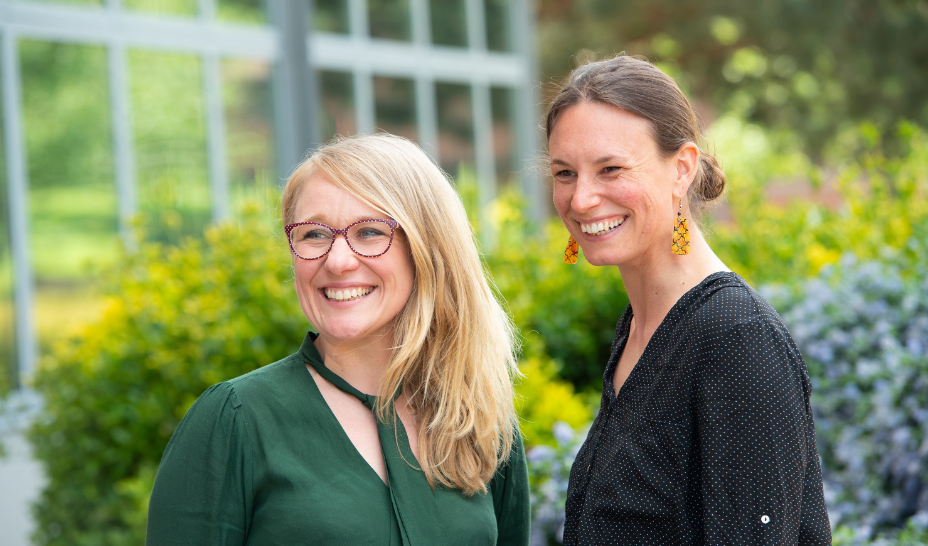
- Select a language for the TTS:
- UK English Female
- UK English Male
- US English Female
- US English Male
- Australian Female
- Australian Male
- Language selected: (auto detect) - EN
Play all audios:
When the city's Neighborhood Services staff in Jackson, Tennessee, asked residents to name their daily challenges, one response stood out. “We heard over and over, ‘We can’t walk to or
easily get to places that have good, quality, affordable groceries,’” says Abby Palmer, the department’s director. The responses weren’t a surprise to Palmer and her colleagues since the
entire city of Jackson is classified by the U.S. Department of Agriculture as a food desert. “One of the biggest challenges people in Jackson experience is a lack of transportation,
especially for acquiring food,” says Palmer. “Since we can't fix the transportation issue overnight, we started looking at how to bring food to the people.” Palmer reached out to the
founder of the community’s Give Back Jack Blessing Boxes, a Jackson-based food distribution initiative that places nonperishable food in 35 food pantries that are open 24/7 and stocked
through community donations. However, since the boxes are not insulated, they can’t be used for fresh, perishable foods. Additional research led her to Freedge, a program that installs small
refrigerators in key public locations that volunteers and local organizations then stock with free, fresh food from food banks and donations. AARP COMMUNITY CHALLENGE Neighborhood Services
used funds from a 2022 AARP Community Challenge grant to purchase two refrigerators and sheds to house them. A starter food budget of $1,800 was provided so the city could stock the
refrigerators with fresh food for up to six months, after which donated items and monies would be used. THE RESULTS — AND REACTIONS When the refrigerators arrived, the residents of a local
nursing home, church members and other volunteers gathered to design, draw and paint the outside of the refrigerator sheds. The refrigerators are standard mini fridges with glass doors to
allow easy monitoring of what's inside. The sheds protect the appliances from the elements. The hosts and donors clean and restock the fridges. One refrigerator is housed on a church
property, and the other sits in front of a substance abuse treatment center. Both locations have walking traffic and are conveniently situated near services for older people and people
without housing, including many veterans. Up to 75 percent of the people who use the refrigerators are age 50 or older. “Right after we installed and stocked the refrigerators and began
putting word out to the community, we received a lot of donations, including from local businesses and organizations when they have leftover food,” Palmer explains. Two local organizations
lead massive food donation days. A grocery store in town contacts the team when it has food nearing its expiration date, knowing the items will be distributed and used within hours.
Volunteers at one of the locations are considering an expansion, for which $2,300 in private funding has been promised. In 2023, the Jackson Area Council on Alcoholism and Drug Dependency
was granted funding through the Love Your Block program to expand its community refrigerator to a full-sized one as well as build a full-sized food pantry.








